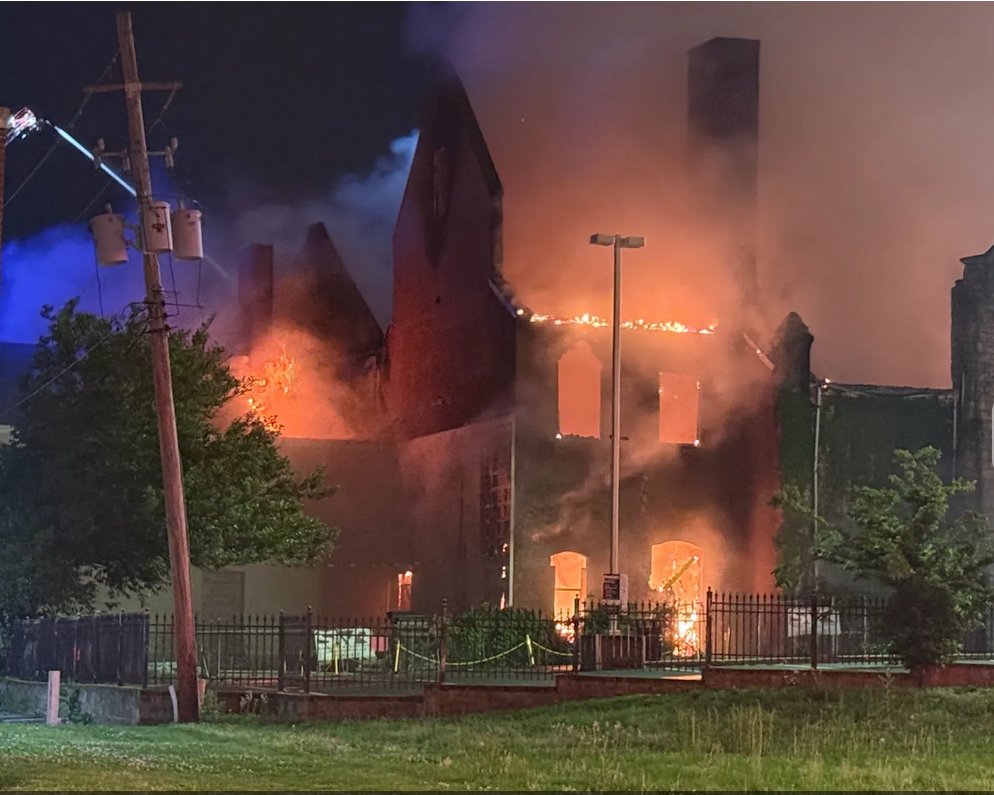President Trump launched a fresh wave of tariffs that could reshape the future of American agriculture. Texas farmers are caught in the middle.
The Trump administration announced in January that it would impose universal tariffs on all imports alongside targeted 145% tariffs on Chinese goods. Trump framed the move as a way to “make America wealthy again.” But for Texas farmers, the real story isn’t about manufacturing jobs. It’s about shrinking markets, rising costs, and economic uncertainty all over again.
This isn’t the first time tariffs have battered American agriculture. A trade war with China during Trump’s first term resulted in retaliatory tariffs on US crops like soybeans, sorghum, and cotton. All of which are major Texas exports. The federal government sent billions in aid to soften the blow. The damage left many farmers operating at a loss for years afterwards.
History is now repeating itself with higher stakes.
The financial hit isn’t just coming from lost buyers. Production costs are rising as well. Tariffs on steel and aluminum mean they’re more expensive to buy, maintain, and repair essential equipment like tractors and irrigation systems. Many fertilizers are imported and are becoming pricier to an already strained market. These effects will extend beyond farming. Many of Texas’s economies are intertwined with agriculture. Equipment dealers, truckers, and suppliers all depend on farmers to do well. The entire economic ecosystem could suffer if exports slow and operating costs spike.
Texas farmers are already competing globally. Buyers once burned may not ever return if tariffs are lifted. Australia, Brazil, and other competitors are eager to fill the gaps left by unpredictable US trade policy. Each season of uncertainty chips away at America’s agricultural reputation abroad. Farmers lie awake at night with thoughts of inflation, climate challenges, and high commodity prices. This trade war adds another layer.
Texas’ agricultural heart has weathered droughts, floods, and economic slumps. This new tariff war may be one of the most complex battles yet, leaving the Lone Star State’s farmers alone when the dust settles.



















